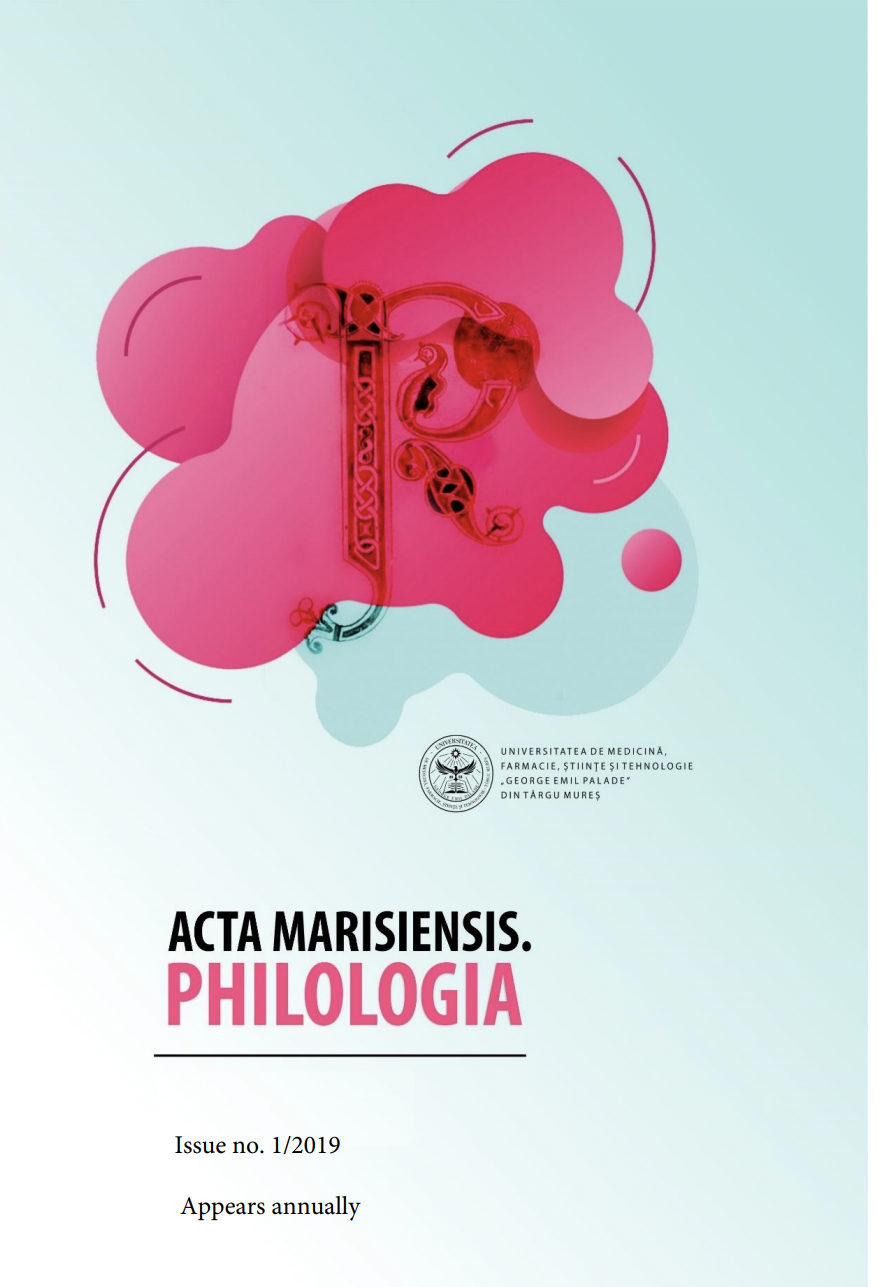KIPLING AND THE AGE OF THE EMPIRE
KIPLING AND THE AGE OF THE EMPIRE
Author(s): Nicoleta Aurelia MARCUSubject(s): Other Language Literature, Identity of Collectives
Published by: Editura University Press, Universitatea de Medicina, Farmacie, Stiinte si Tehnologie “George Emil Palade” din Targu Mures
Keywords: Kipling; India; imperialism; empire; hybridity; ambivalence;
Summary/Abstract: Rudyard Kipling was always a writer of his time yet strangely not of it. Born in an era of uncertainties, the age of Victoria, when the British Empire was the dominant power in the world, he died in a time of fragmentation, on the eve of the Second World War, at a time when Britain could neither compete with her rivals, nor ignore the rising of the anti-colonial tide. A controversial literary figure, Kipling was both acclaimed and sanctioned for being the voice of Anglo-Saxon imperialism. His literary work was a political and ideological response to a historical reality. The writer is representing a reality, or a way reality was seen at the time, given the ideology available to him. Accordingly, Kipling’s life, attitudes and writings were a fusion of many contemporary currents, which generated the contradictions that enveloped him
Journal: Acta Marisiensis. Philologia
- Issue Year: 1/2019
- Issue No: 1
- Page Range: 99-107
- Page Count: 9
- Language: English

